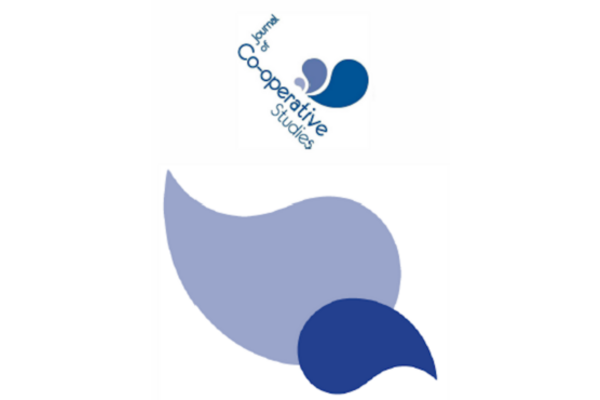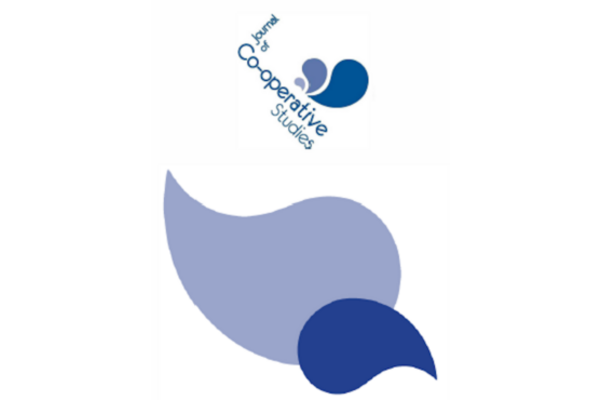Peer reviewed papers
Recognising sector difference in accounting and reporting: International co-operative and UK charity experiences
John Maddocks and Elizabeth Hicks, pp. 6-15
Although co-operatives are distinctly different from investor owned business (IOB), there is very little evidence of a distinct co-operative perspective in relation to financial reporting and accounting standards setting. This paper contrasts the UK charity accounting and reporting SORP developed and administered within the charity sector (Charity Commission for England and Wales and Office of the Scottish Charity Regulator, 2014a; 2014b), with the less formalised approach adopted by co-operatives and co-operative apex organisations, of lobbying standards setters on specific financial reporting standards as they are developed. It considers co-operatives’ engagement in the development of financial reporting standards and, in particular the extent of co-operative influence on developments in international accounting standards. It raises the question: why is there not a distinct co-operative accounting framework at least as developed and visible as that for UK charities?
Co-operative ownership and control at Tower Colliery: The creation of a human firm?
Russell Smith, pp. 16-27.
This paper presents a review of a worker owned and controlled co-operative, Tower Colliery, over its 13-year existence within a ‘Human Firm’ analytical framework. The Human Firm approach highlights the importance of organisational capital in ensuring that firms can simultaneously achieve, satisfactorily, both economic and social objectives. Such organisational capital investments enable the firm to develop capabilities that ensure it is conjointly rational in its decision making; socially responsible; enterprising; and a learning organisation. Full achievement of such goals is defined as an idealised ‘Z-firm’. While Tower Colliery made significant progress towards the Z-firm ideal during its operational lifetime, the paper concludes that three significant areas of tension remained unaddressed.
Equity in service at cost: The case of the classic moshav
Zvi Galor, pp. 28-37
The moshav in Israel is a unique form of co-operative. Village households as members of a moshav own and operate their own means of agricultural production and rely on a village level service co-operative — the classic moshav — to provide services for members’ joint use. The moshav has the functions which provide the essential credit, supply of inputs and marketing services to members and has many other co-operative functions. While this is, in some respects, similar to secondary co-operatives and the production, marketing and administrative services provided by regional agricultural service co-operatives in the United States, the moshav is an agricultural co-operative that contains departments, upon which its economic activities are based. The departments in the moshav complete their annual budget showing a zero balance in their operational accounts, returning all surpluses (and responsibility for deficits) to individual members. This paper provides an overview of the work of a classic moshav and poses the question as to whether services should be continued to be provided at cost based on member participation.
Short papers
Land-Based Social Enterprise: Supporting New Models of Land Use for the Common Good
Rebecca Hudson, Tom Kenny and Mark Walton, pp. 38-42
This short article focuses on the results of interviews with 13 representatives from land-based social enterprises to explore how targeted support can help these organisations to develop new models of land use. The interviews were carried out by Shared Assets — a social enterprise dedicated to making land work for everyone — as part of wider activities supported by the Tudor Trust. The article provides and overview of the kinds of support these organisations are likely to have.
Book Reviews
Co-operative Principles and Co-operative Law. By Hans-H Münkner.
Reviewed by Linda Barlow, pp. 43-44.
Co-operative, Learning and Co-operative Values: Contemporary Issues in Education. Edited by Tom Woodin.
Reviewed by Maureen Breeze, pp 45-50.

All works are licensed under a Creative Commons Attribution-NonCommercial 4.0 International License, subject to a 6-month embargo from date of publication in the Journal.










